IIOJK people facing a severe health crisis, PTSD: Masood
AJK president urges medical fraternity to voice concerns about IIOJK's health crisis
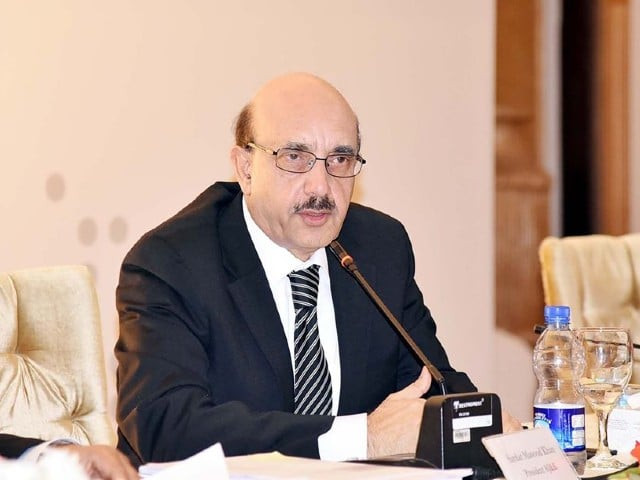
AJK President Sardar Masood Khan urged medical fraternity, particularly the physicians of Pakistan and Azad Jammu Kashmir, to voice their concerns over the worst health crisis in Illegally Indian Occupied Jammu and Kashmir (IIOJK), on Sunday.
The people of IIOJK are facing the worst health crisis of their history, as Indian occupation forces use pellet guns as a means to control the crowed, maiming, blinding and injuring them in the process, he asserted.
The AJK President's appeal came during a speech made at a gathering of over 500 doctors and senior health consultants from all the four provinces of Pakistan at an annual mid-summer meet.
Organized by the Pakistan Society of Internal Medicine (PSIM), the event was also addressed by President of PSIM, Prof Javed Akram, Senior Vice President Prof Aziz Rehman, Dr Somia Iqtadar, Prof Bikha Ram Devrajani and others.
The AJK president said that the people of IIOJK were not only suffering from grievous eye injuries but have been denied access to communication, as well as all primary, secondary or tertiary healthcare hospitals amidst the year-long lockdown.
The occupied territory lacks healthcare staff, drugs, surgical material and the equipment needed for healthcare, he said. Masood cited a report published by the Wall Street Journal that had suggested that hospitals in IIOJK have become graveyards because of a humanitarian crisis, and the region was faced with a health emergency situation.
Citing another report released by Doctors Sans Frontier (MSF), compiled in collaboration with the University of Kashmir, Sardar Masood Khan said that some sort of mental distress, anxiety, depression and post-traumatic stress disorder (PTSD) prevails among nearly 1.8 million Kashmiri adults – 45 per cent of the region’s adult population.
"Children seeing killings, physical torture, sexual abuses and destroyed properties before them are particularly suffering from PTSD," he added.
The AJK president also expressed his deep gratitude for the University of Health Sciences (UHS) for granting affiliation to the medical colleges of the liberated territory. He maintained that this would help AJK improve the quality of medical education being imparted to the students in the state.
Referring to the outbreak of coronavirus, the state president said that Pakistan and Azad Kashmir had risen to the occasion and responded to the catastrophe with courage and resilience. “By the grace of Almighty Allah, we have done well despite all the limitations, by keeping the number of fatalities extremely low," he said.
Detailing at length the healthcare situation of the liberated territory, the AJK president said that at present, three public sector medical colleges and one private sector college were producing about 400 graduates every year.
"It is a matter of great pride that we have good health infrastructure, though it is not perfect, as we still have some severe challenges. But we are doing well in certain areas as compared to other provinces of Pakistan," he observed.
Masood added that there were some good hospitals in the state, but the region lacked medical equipment and technology needed to fight communicable and non-communicable diseases. However, "we are gearing up to give priority to the health sector in our development activities," the AJK president stated.
He urged doctors and medical experts to prepare themselves to embrace new technologies, like artificial intelligence, robotics and cloud computing, that have an impact on medical sciences to meet future challenges and compete at par with the world.

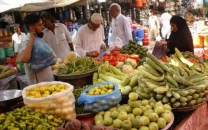
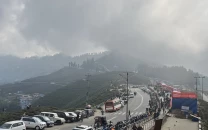
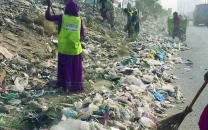
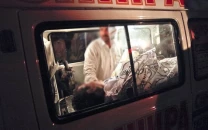
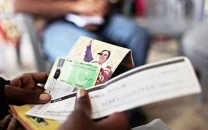













COMMENTS
Comments are moderated and generally will be posted if they are on-topic and not abusive.
For more information, please see our Comments FAQ